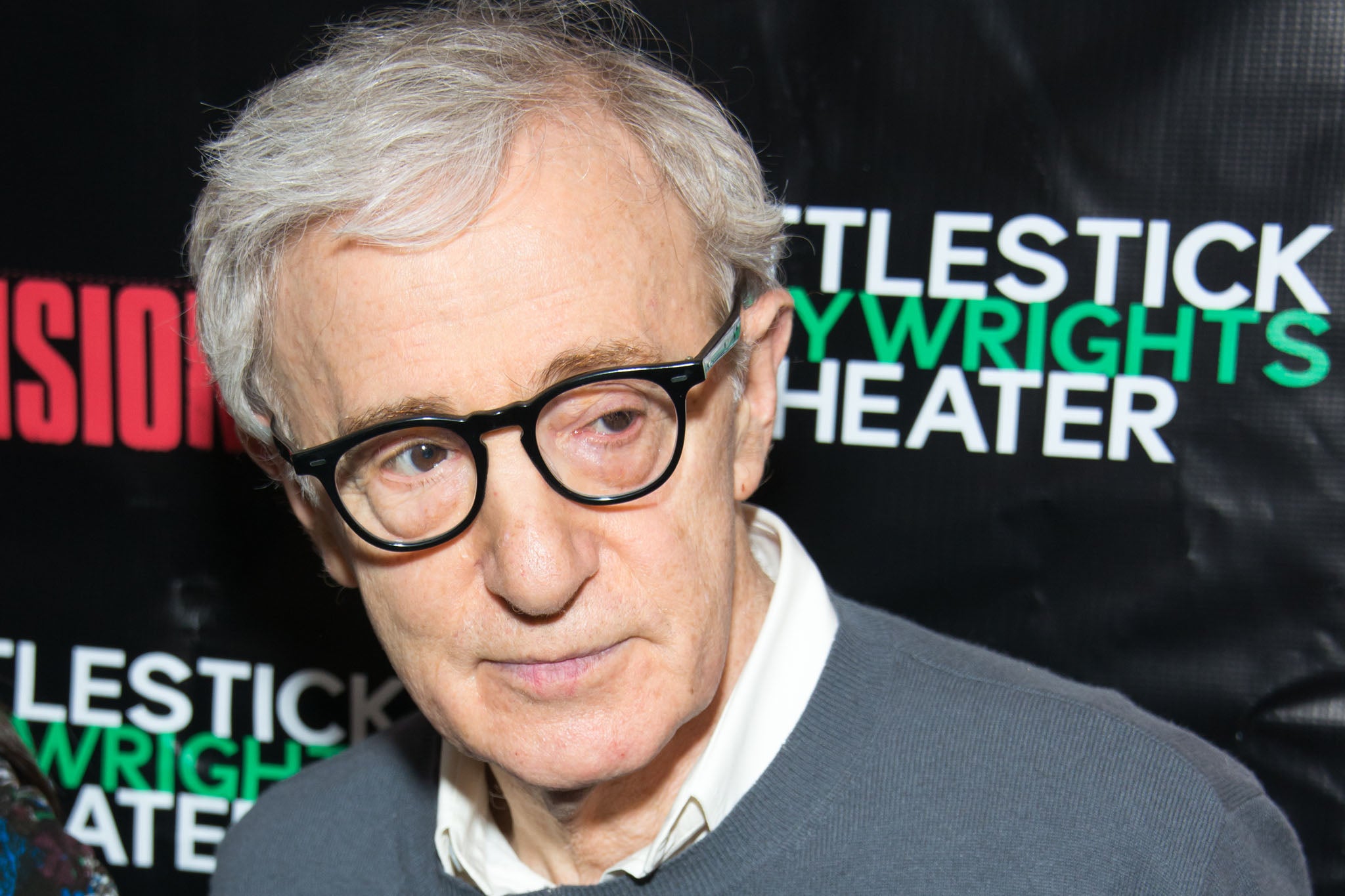Woody Allen on depression and tears of clowns: The comedian is 'no sadder than the guy who drives a cab'
The director says that everyone “feels that pain and existential loneliness and terror”, not just those known for their humour

Your support helps us to tell the story
From reproductive rights to climate change to Big Tech, The Independent is on the ground when the story is developing. Whether it's investigating the financials of Elon Musk's pro-Trump PAC or producing our latest documentary, 'The A Word', which shines a light on the American women fighting for reproductive rights, we know how important it is to parse out the facts from the messaging.
At such a critical moment in US history, we need reporters on the ground. Your donation allows us to keep sending journalists to speak to both sides of the story.
The Independent is trusted by Americans across the entire political spectrum. And unlike many other quality news outlets, we choose not to lock Americans out of our reporting and analysis with paywalls. We believe quality journalism should be available to everyone, paid for by those who can afford it.
Your support makes all the difference.Woody Allen says that there might be an “ironic truth” to the term “tears of clowns”, although maintains depression is no less impactful than for those without a comedic reputation.
The director - who is known for his complex comedies - was asked about the subject, following the suicide of Robin Williams on 11 August.
“Everybody feels that pain and existential loneliness and terror,” said Allen. “When you see it in a comic persona, you tend to think it’s special because the person is so funny and seems to be the very antithesis of gloom.
“How ironic that that person is sad. But he’s no sadder than the guy who drives a cab. It just looks more ironic on him as he makes his living as a funnyman.”
Allen himself would rather have grown up with a “different disposition” – one that is sunnier than his long-term, world weary outlook. He said recently that he believes life is “meaningless” and the only way of getting through is via distraction.
“I wish I had grown up sanguine and buoyant and not obsessed with these questions, but I didn’t,” he told Time Out. “My mother said that I was a very happy kid until about five years old and then I turned sour.
“Nothing happened: I had no traumas in the family, nobody died. I never missed a meal. Everything was fine. I think the trauma was that I realised: my God, this ends! It comes to a point where one day you vanish. You totally vanish for ever. You’re gone. Period.”
The director – who is soon to release Magic in the Moonlight – has devised a few coping mechanisms to help him deal with life’s challenges.
“You need to tell yourself a couple of lies to get through life,” he said. “Otherwise it’s too grisly. If you don’t have a strong denial mechanism, try waking up in your bed at 3am when there are no distractions. You get a cold chill.”
Join our commenting forum
Join thought-provoking conversations, follow other Independent readers and see their replies
Comments